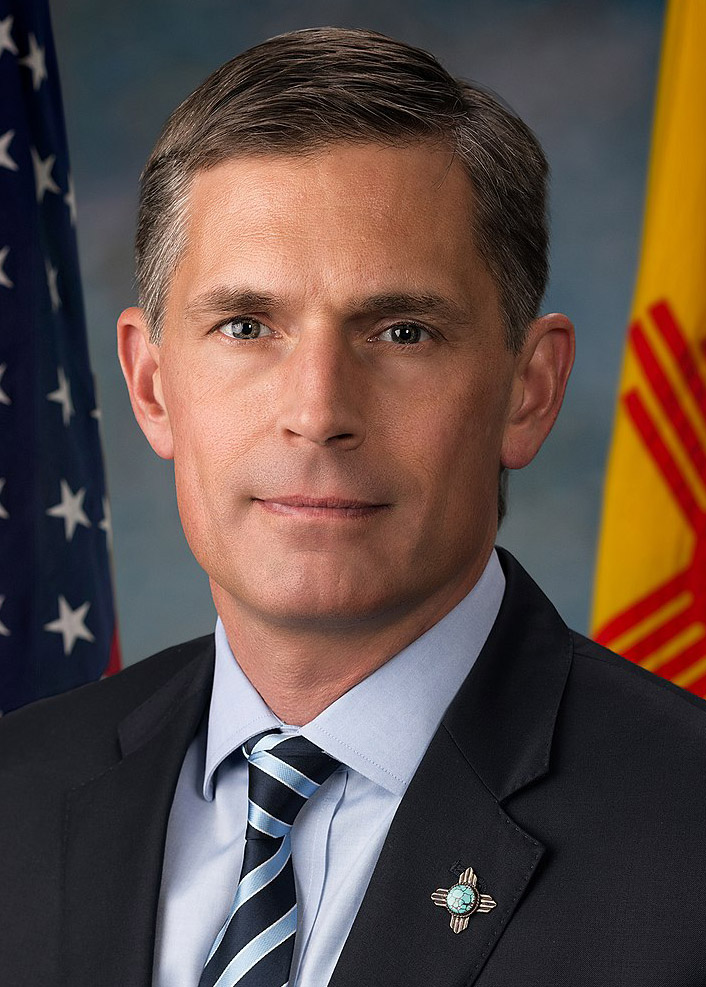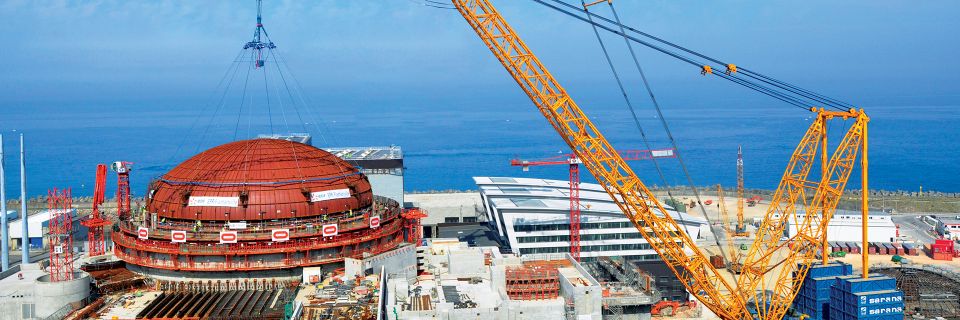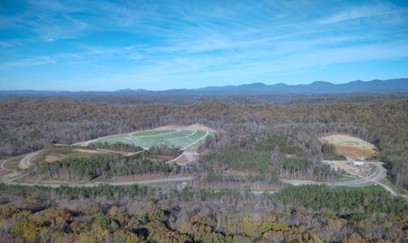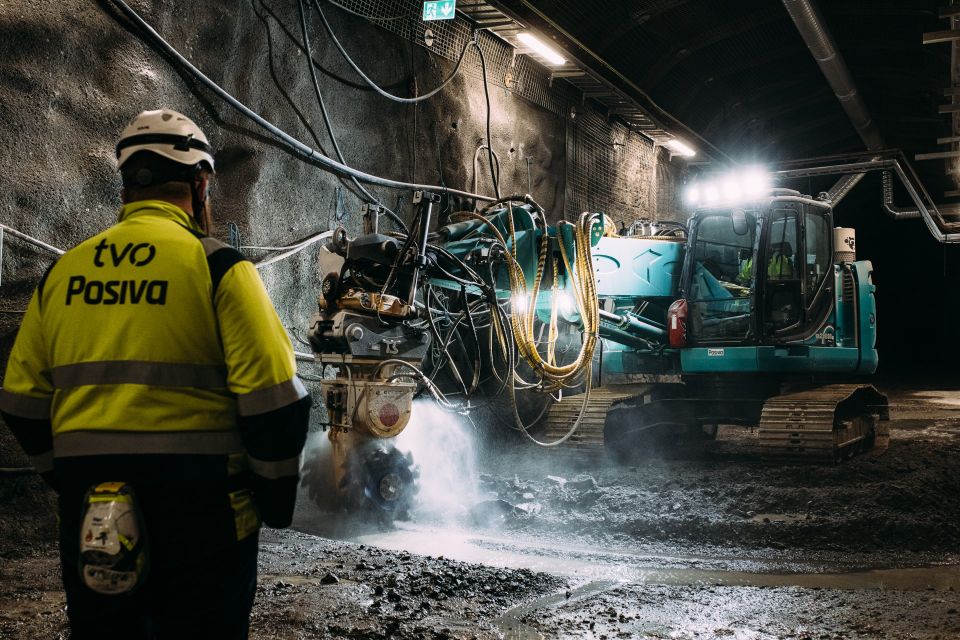They said it: “No individual state should be responsible for bearing the brunt of nuclear waste accumulation,” said Sen. Cruz in introducing the bill. “I am proud to work with Sen. Heinrich on this bipartisan legislation to study how new technologies can harness the full potential of recycled nuclear energy.”
“This bill will help identify safe and secure methods of recycling our spent nuclear fuel, which can increase domestic clean energy resources, lower costs, and deliver good-paying jobs for Americans,” Sen. Heinrich said.
Other provisions: The bill also asks the DOE and NASEM analysis to consider the following:
Analyze the possibilities for coupling or co-locating recycling facilities with other pertinent facilities, such as advanced reactors, interim storage, and fuel fabrication facilities.
Identify those communities and other stakeholders impacted by the current practice of indefinite temporary storage of spent nuclear fuel and assess potential risks and benefits they would face should spent fuel be removed from their sites for the purposes of waste recycling.
Assess the different approaches for siting and sizing nuclear waste recycling facilities, including a centralized national facility, regional facilities, on-site facilities where spent fuel is currently stored, and on-site facilities where newly recycled fuel can be used by an on-site reactor.
Identify tracking and accountability methods for new recycled fuel and radioactive waste streams for byproducts of the recycling process.
Identify any regulatory gaps related to nuclear waste management and recycling, including the accuracy and consistency of relevant definitions for radioactive waste (including “high-level radioactive waste,” “spent nuclear fuel,” “low-level radioactive waste,” “reprocessing,” “recycling,” and “vitrification.”)
Evaluate potential federal- and state-level policy changes needed to support the development and deployment of recycling, as well as the impacts of spent fuel recycling on the requirements for nuclear waste storage.
Industry response: “We commend Senators Cruz and Heinrich for their forward-thinking leadership in the Advancing Research in Nuclear Fuel Recycling Act of 2024,” said Ed McGinnis, chief executive officer of nuclear start-up Curio. “Their dedication underscores the critical importance of nuclear waste recycling in unlocking America’s energy independence and ensuring a sustainable future.”
Jacob DeWitte, cofounder and CEO of Oklo, added, “Oklo greatly appreciates the interest and support Congress has expressed for commercial recycling of used nuclear fuel. This legislation will help outline benefits and potential policy opportunities, while Oklo continues to deploy its own recycling program for the purpose of supplying fuel for our Aurora powerhouses.”
Doug True, senior vice president and chief nuclear officer of the Nuclear Energy Institute, said, “The U.S. nuclear industry supports efforts by Congress to advance used nuclear fuel recycling for its potential to enhance the sustainability and economics of existing and advanced reactors, to improve U.S. energy security, and to convert used fuel into waste forms that can be more easily disposed of in a permanent geologic repository.”








